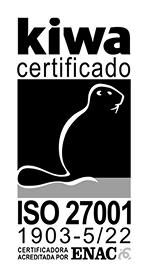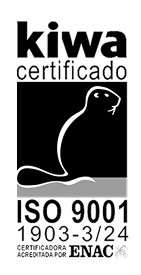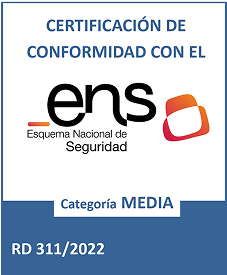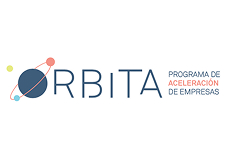You’re unknowingly excluding a portion of your customers
Imagine if one in every three potential customers couldn’t properly access your website. This isn’t an exaggeration. According to the Council of the European Union, 30% of Spain’s population lives with some form of disability (source). Adding to this are factors like an ageing population and the increasing prevalence of online shopping and transactions.
In a world where every click counts, web accessibility isn’t just about inclusion—it’s also a competitive advantage for any business, from small enterprises to large corporations.
Here are five key reasons why your company should prioritise web accessibility:
1. Expand your market and connect with more customers
Just in Spain, individuals with disabilities make up 30% of the population. Across Europe, that’s one in four adults (101 million people), and globally, over a billion people, according to the World Health Organization (OMS).
An accessible website enables more people to browse, shop, or manage tasks online independently. This includes:
- Individuals with visual, auditory, motor, or cognitive impairments.
- Older adults with less digital experience.
- Users facing temporary challenges (e.g., post-surgery recovery).
The European Disability Forum notes that the disability community represents an economic potential exceeding €2 billion in Europe alone. Why limit your business’s reach?
2. Improve SEO and enhance online visibility
What benefits web accessibility also boosts SEO. Search engines like Google favour well-structured pages featuring alternative text for images, hierarchical headings, and optimised loading times—all key elements of digital accessibility.
An accessible site is easier to index, interpret by voice assistants, and ranks higher in search results. This translates to increased qualified traffic and greater digital authority for your business.
3. Comply with regulations and avoid penalties
In Spain and throughout the European Union, web accessibility is a legal requirement for public entities and private companies. Directive (EU) 2019/882 mandates compliance from 28 June 2025. This directive has been incorporated into Spanish law through Law 11/2023, dated 8 May.
Serious accessibility violations can result in fines up to €30,000, with severe cases exceeding €90,000.
Adapting your website to these regulations reduces the risk of fines and enhances your reputation among customers, investors, and society. Staying ahead in regulatory compliance is a competitive edge.
4. Offer a better user experience and foster customer loyalty
Consider Clara, a 63-year-old user with low vision. She wants to buy a gift for her niece using her mobile phone. She can’t navigate past the main menu because the images lack descriptions, and she can’t enlarge the text or adjust the contrast.
Conversely, she visits another website equipped with accessibility tools and completes her purchase because even the checkout process is accessible. Clara can place the order unaided in just a few minutes.
Each positive experience builds trust, turning a customer into a potential advocate for your business.
5. Differentiate your brand with ease
It’s often assumed that making a website accessible requires a complete overhaul. However, with tools like Acctua, you can integrate web accessibility features within minutes, without altering the code or original design.
It’s compatible with any CMS (WordPress, Shopify, Prestashop…) and suits all types of businesses, from online stores to corporate sites or service platforms.
While your competitors may overlook this necessity, you can stay ahead, stand out, and cultivate a leadership image that translates into sales, customer loyalty, and reputation. This isn’t mere speculation. For instance, 93% of websites in Europe fail to meet accessibility requirements in 2025.
Isn’t it time to seize the opportunity, isn’t it?








